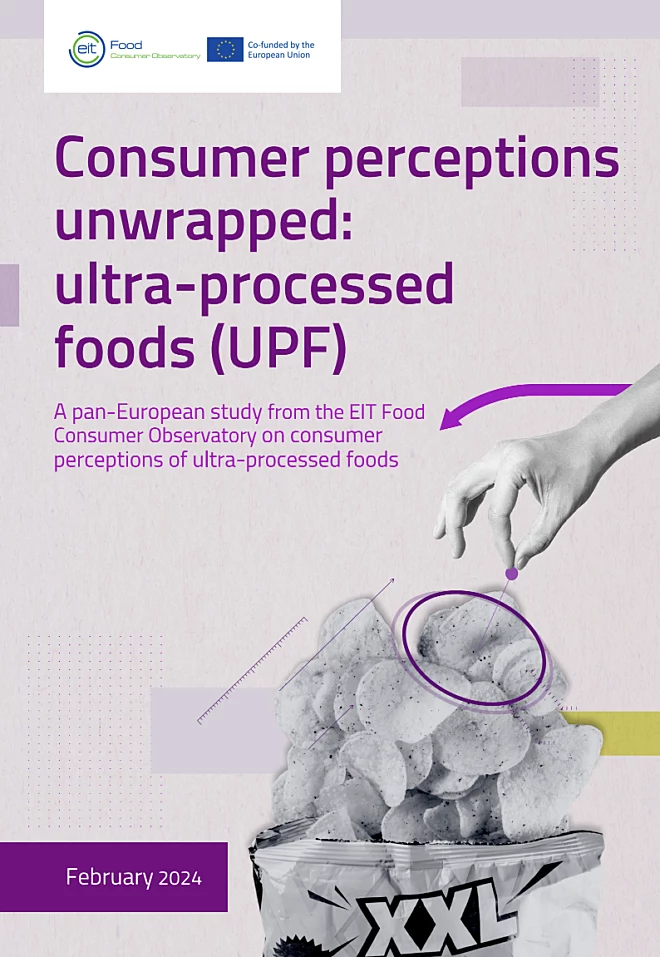Through this series, the African Centre for Biodiversity aims to firmly advocate for an agroecological food system transition that situates smallholder farmers, territorial markets, traditional retailers and the dynamic networks that facilitate the movement of produce in the centre. This will, inter alia, entail testing UPF against the 13 principles of agroecology developed in 2019 by the Committee on World Food Security (CFS) High Level Panel of Experts on Food and Nutrition (HLPE); in particular, HLPE principles 9 (social values and diets); 10 (fairness); 11 (connectivity); and 13 (participation) (HLPE, 2019).
Next, the series covers the socioeconomic, health, and environmental impacts of UPF in Africa, followed by further fact sheets dealing with regulatory and political issues.The African Centre for Biodiversity welcomes your feedback on our UPF fact sheet series – email comms@acbio.org.za.
ACB (2023) Part 4: Multi-pronged capture of consumer markets in Africa by UPF companies #15 p.
In this fourth part of its ultra-processed food (UPF) in Africa fact sheet series, we explore how mega UPF corporations (Nestlé, PepsiCo, Unilever, Coca-Cola Co, Danone, Mondelez, and Kraft Heinz Co, among others) use their excessive and undue influence and financial clout to embed and consolidate their power at the national level and subvert governments' attempts to regulate the advertising, marketing, and consumption of their “fake food” products. The actions of these companies and their products not only undermine public health, but contribute to its related crises.
Examples of some of their multi-pronged strategies include creating a demand for their quasi-addictive and low- or no-nutrition products by way of predatory digital marketing, using sophisticated big data analytics to cynically manipulate people into purchases, particularly children. They also insert themselves in corporate social investment programmes and public-private partnerships in which their UPFs are pushed as “healthy” options.
ACB (2023) Part 3: Dictatorship of UPF food companies over African diets and food markets #17 p.
Challenging the power and influence of UPF corporations in Africa is
particularly arduous given the limited government resources available to
implement and police public health policies and the lack of political will —
due to the direct and indirect influence UPF corporations hold (International
Food Policy Research Institute [IFPRI], 2021). A failure to address their growing
market reach will, however, only compound the double malnutrition burden
already faced in Africa, with significant financial and human costs to African
governments.
ACB (2023) Part 2: Consumption of ultra-processed food (UPF) in Africa #15 p.
In this second part, the African Centre for Biodiversity delves into the consumption of UPF in Africa: shifting dietary patterns linked to food environments and personal motivations; where foods are purchased and the role of policy in shaping food accessibility and affordability.
This factsheet explores UPF consumption in both rural and urban areas; the relationship between food environments and food choice; systemic injustices and linkages between production, consumption and trade agreements, as part of the discussion on shifting dietary patterns increasingly dependent on readily available, cheap and nutritionally-void UPF. While there is a clear trend in this direction, there is still a high consumption of vegetables, legumes and whole grains in the region compared to much of the world, linked primarily to traditional retail and supply chains.
This factsheet explores UPF consumption in both rural and urban areas; the relationship between food environments and food choice; systemic injustices and linkages between production, consumption and trade agreements, as part of the discussion on shifting dietary patterns increasingly dependent on readily available, cheap and nutritionally-void UPF. While there is a clear trend in this direction, there is still a high consumption of vegetables, legumes and whole grains in the region compared to much of the world, linked primarily to traditional retail and supply chains.
ACB (2023) Part 1: Introduction to ultra-processed food (UPF) in Africa #14 p.
In the first part of the series, the African Centre for Biodiversity attempts to succinctly describe and define UPF, how it differs from other foods and outline the major concerns with UPF.
Policies must aim to effectively enhance access to diverse foods and restrict the
embeddedness of UPF, which is displacing more diverse diets dependent on
diverse food systems, while strengthening local foodways and their ecological,
social, and health benefits. In Africa the complexity grows, where increasingly
globalised value chains create new and potentially useful income streams,
particularly for women and small-scale businesses, and reduces the burden on
women in terms of food preparation. This suggests an intersectional approach
is needed when considering policies that increase access and affordability of
un/minimally processed produce, and restrict access and affordability of UPFs.
Related Ultra-processed foods
EAT (2024) Consumer perceptions unwrapped: ultra-processed foods. A pan-European study from the EIT Food Consumer Observatory on consumer perceptions of ultra-processed foods. #72 p.A new pan-European study from the EIT Food Consumer Observatory reveals that consumers across Europe are concerned about the impact of ultra-processed foods on their health. Yet, a lack of awareness, understanding and means are preventing people from making informed, healthy choices.
The research, combining a survey of 10,000 consumers from 17 European countries alongside a follow-up qualitative study, found that the majority (65%) of European consumers believe that ultra-processed foods are unhealthy, and that they will cause health issues later in life. For example, 67% believe that ultra-processed foods contribute to obesity, diabetes and other lifestyle-related health issues.
The ‘Consumer perceptions unwrapped: ultra-processed foods’ report also makes a series of recommendations to food authorities, manufacturers and retailers to support consumers to make informed decisions. Download the full report here







No comments:
Post a Comment